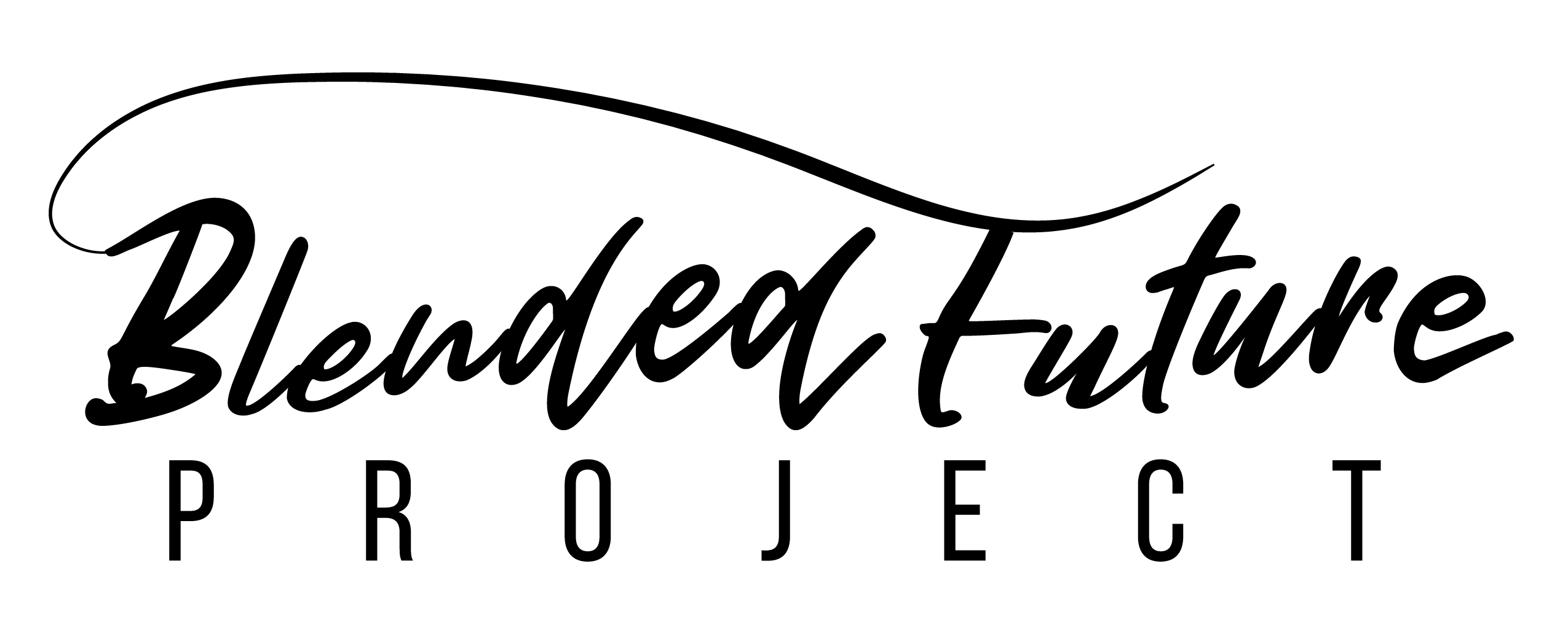“Blackbirds and bluebirds don’t mix.”
“You shall not be unequally yolked.”
From the myth of the Tower of Babel to the book of Revelation and the story of the Curse of Ham, the evangelical faith has a history of using the Bible against the idea of diversity. From slavery, to the Jim Crow South, to laws banning interracial marriage, the fight against equality has often been rooted in the false idea that to dismantle our American caste system is against the divine will of the Creator.
The faith is used against any kind of social change that creates equality. Whether it comes to the rights of the poor, women, the LGBTQ community or any marginalized group, there’s always someone claiming to “speak for the faith” that declares allowing others to have more rights is defying the will of God.

A Different Path
I grew up surrounded by religion. My mother sought a spiritual path that she could claim as her own since the time I was a child. We at various times have been practices of Christian, Jewish, Catholic and Buddhist faiths. For many years after our return from Denmark, my mother took hold of the non-denominational Christian message of a man she had passionately listened to over the radio while going through my parents divorce. And so my sister and I were unwittingly indoctrinated into the evangelical faith at her insistence. We alternated between smaller churches and a mega church that as filled the the large event space of a local mall.
The pastor and the attendees promoted a message of racial diversity. All ethnicities were welcomed in the church, even though the flock was majority Black. But while race wasn’t used as a separator, one could see where the seeds of intolerance grew. When speaking of God and faith, the sermons were always had a tone of absolute polarity. Where either one was right or wrong with no middle ground inbetween.
Any deviation or difference from their understanding was said to be sinful. One Sunday, the pastor who presided over the mega church spoke of the Hindu faith and filled the room with terror as he shouted,
“They have hundreds of Gods!”
I still remember the collective gasp from the audience at the shock of hearing of this interpretation of the practice.
Another pastor proudly recalled his time in Seminary where he rebelled against his instructors attempted to teach him that life was about balance and embracing the gray.
“I believe the world is black and white. Either your in sin, or your not.”
And while he meant this with compassion, I saw how that same mentality had been used to separate and form the caste system we still have today.
It’s the reason why the great divide between rich and poor still exists and continues to widen. Those who are successful, those who are pure say they are so because of their “closeness to God.” All others are in sin and have only themselves to blame for their lot in life.
We know this is a lie. But many use religion to try keep us from seeing it. They maintain that races shouldn’t mix because it’s against the will of our Creator. When in truth, it would reveal how the words of scripture have been twisted to keep us from seeing the humanity in each other. And this use of holy doctrine has been implemented in countries worldwide to accomplish the same goal – to keep us denying the beauty of our own nature.

The True Lesson
While I’ve seen the hypocrisy in religion. I’ve also gained many valuable lessons among the many I’ve been a part of. The ability to step outside of oneself. To let go of the things we can’t control and stop seeing our own selves as the center of all things have been truly monumental in shaping the way I’ve been able to navigate the world.
We must remember that religion is a teaching created and interpreted by humans. Each with their own perspectives, biases, and agendas. While many believe that the words come from the mouth or the influence of a Holy Power. The hand that wrote it down and spoke it aloud was a human one. Flesh and blood just like you and I.
They came to their own interpretation of the work and so must we. Otherwise, as the proverb says, we will be like lambs led to our own slaughter.





No Comments